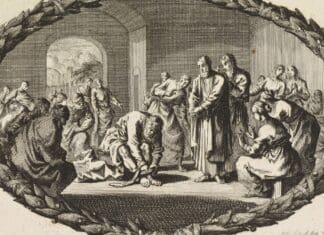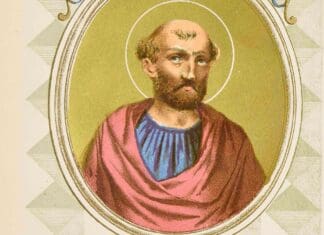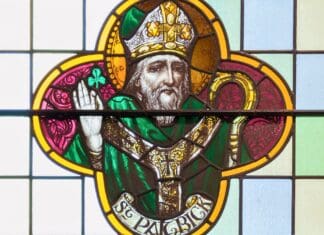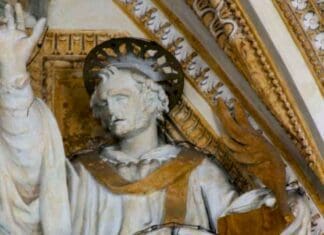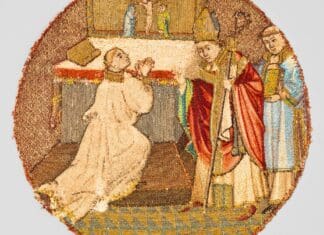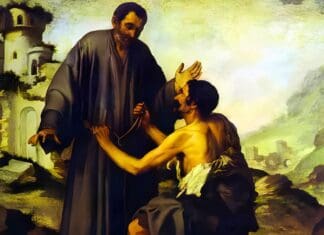Saint Agabus the Prophet
Saint Agabus the Prophet, one of the seventy disciples, and martyr. The seventy disciples were chosen by the Lord to go before Him to preach the gospel. St. Agabus was with the twelve disciples in the upper room on the day of Pentecost, and he was filled with the Holy Spirit, the Comforter.
Pope Saint Telesphorus
Pope Saint Telesphorus, a Greek anchorite, led the Church under Emperor Antoninus Pius and established enduring Christian practices around 125-138 AD.
Saint Patrick
Saint Patrick, born in Scotland, enslaved in Ireland, became its Apostle, converting many to Christianity before his death in 461.
Pope Saint Hyginus
Pope Saint Hyginus, a Greek, led the Roman Church (138-140 AD), structuring clergy hierarchy and mandating church consecration, but his exact history remains unclear.
Solemnity of The Most Holy Trinity
Trinity Sunday, or formally The Solemnity of The Most Holy Trinity, is celebrated a week after Pentecost Sunday in honor of the most fundamental of Christian beliefs—belief in the Holy Trinity.
Saint Marguerite Bourgeoys
Marguerite Bourgeoys, a pioneering French educator and saint, founded the Congregation of Notre Dame and revolutionized education in 17th-century Canada.
Saint Peter Canisius
Peter Canisius, influential Jesuit theologian, writer, and "Second Apostle of Germany," renowned for his reformation work and compassionate leadership in the 16th century.
Saint Hilary of Poiters
Hilary of Poitiers was a 4th-century bishop, renowned for his defense against Arianism and contributions to early Christian theology and writings.
Servant of God Brother Juniper
Brother Juniper (1210-1258), a Franciscan friar, was known for his profound simplicity, exasperating generosity, and devotion to the passion of Jesus Christ.
Saint Olivia
Saint Olivia was described as a ravishing beauty when captured by Saracens at 13. When she died, her soul was seen to fly to heaven in the form of a dove.


